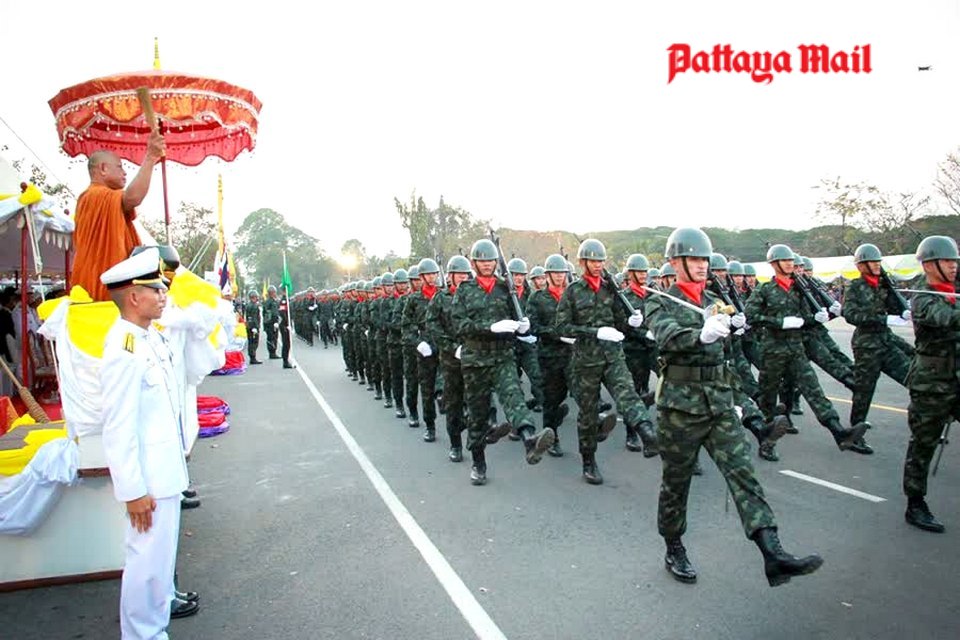
House of Representatives speaker Chuan Leekpai is warning that the next general election, provisionally set for May 7 2023, is likely to see rampant vote buying as some politicians continue to mix money with politics. He is appealing for the public to vote for honest politicians to put an end to the familiar cycle of corruption which could lead to yet another military putsch to restore order.
Thailand has, on average, experienced a coup attempt every seven years in the last 90 years, most of them successful. Mr Chuan foresees a negative scenario in which no party will win enough seats to form a government, resulting in a scramble for power with no holds barred. A further complication is that the unelected Senate, all of whose 250 members were appointed by the military following the 2014 coup, has significant voting rights in choosing the next prime minister.
Military-backed parties in the upcoming election hold a number of key advantages apart from control of the Senate. They include a host of laws to keep the opposition on the back foot, the highest-quality surveillance technology, an obedient electoral commission and a party list system which few mortals can understand. The army is the country’s largest landowner apart from the separately controlled national parks. The main opposition parties are Pheu Thai, traditionally associated with the Shinawatra family, and the more radical Move Forward Party. But they are split on important political issues such as political leadership, the lese majeste treason laws and legalization of recreational cannabis.
Although the current army chief, general Narongpan Jitkaewtae has stated the chances of another coup are “zero”, the danger exists that domestic violence following a disputed poll would lead to demands for the army to step in to avoid chaos, to end corruption and to protect the monarchy. A review of past Thai coups suggests that ongoing violence on the streets is a likely precursor of a military putsch. The 2014 intervention, created the day after martial law was declared by the army, was very much in the traditional mold.
Chaiyan Chaiaporn, a lecturer in political science at Chulalongkorn University, predicted that no party will gain enough seats to be confident of victory. “It’s going to be quite complicated putting together a government,” he told the Bangkok Post this week. Coup historian Francis Ritchie said, “Thailand’s addiction to coups is well-known, but I personally think that calmer heads will prevail after the next election. There are no good coups on offer.”
 |
 |
 |





